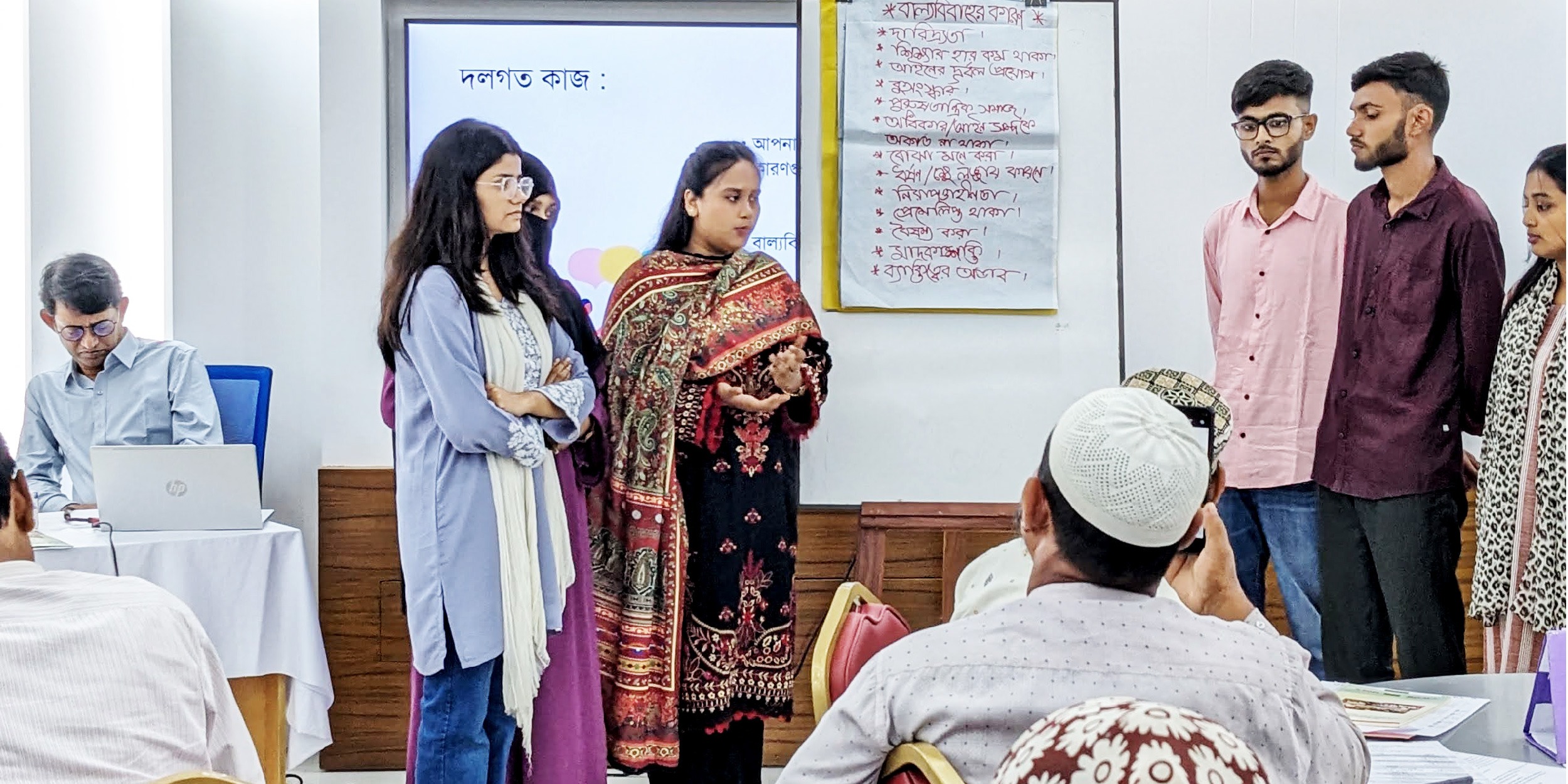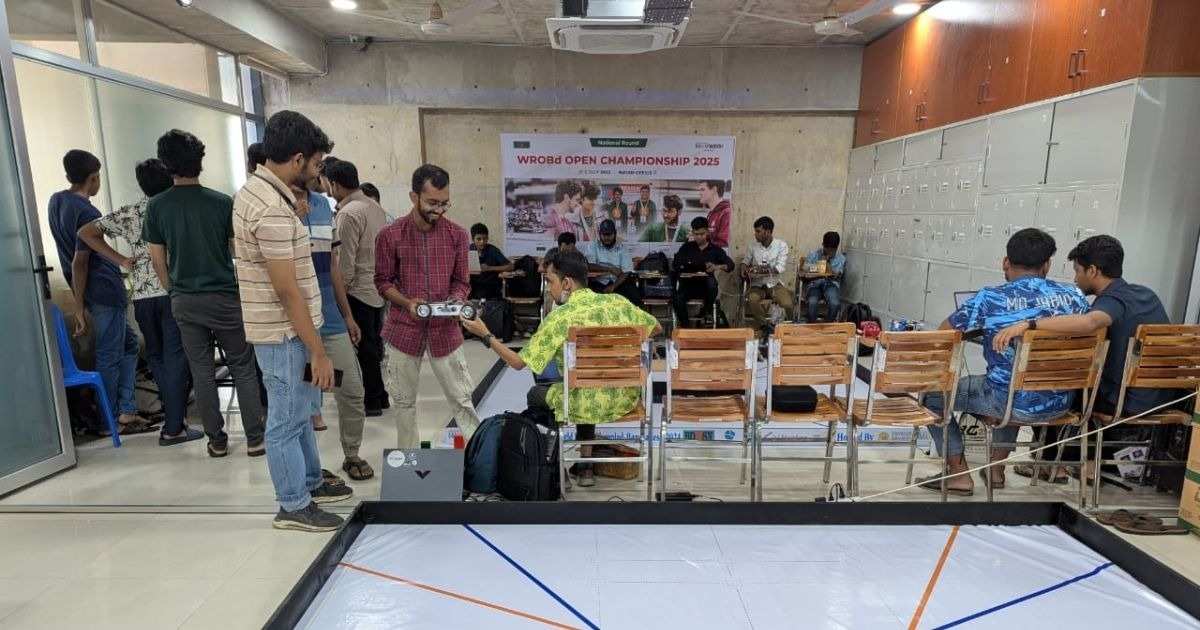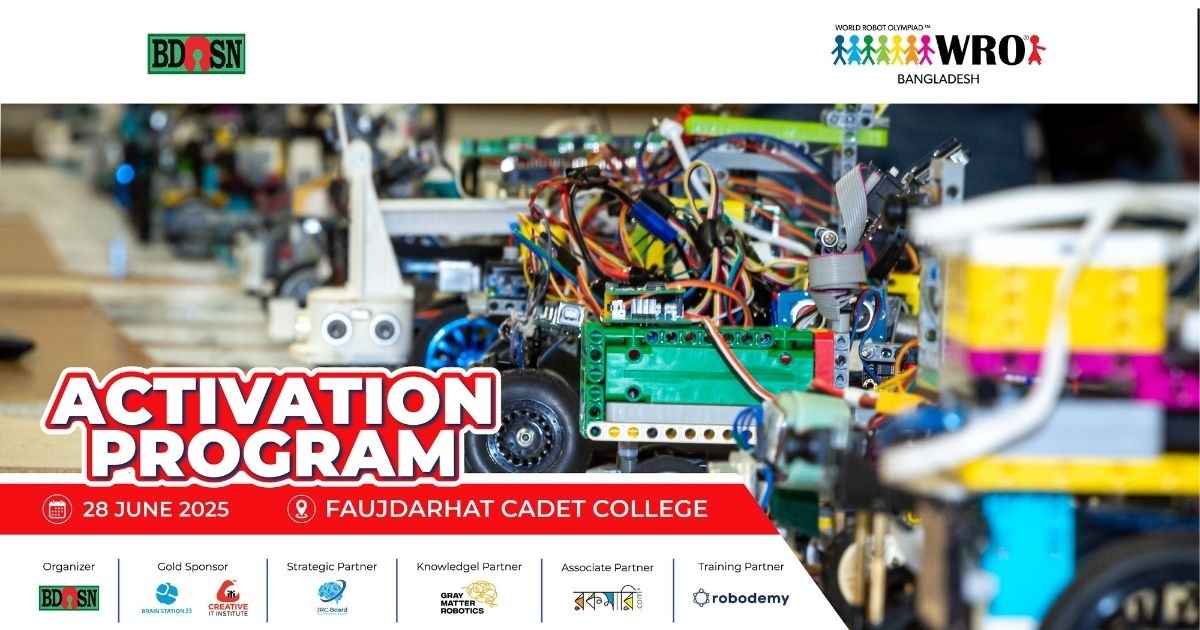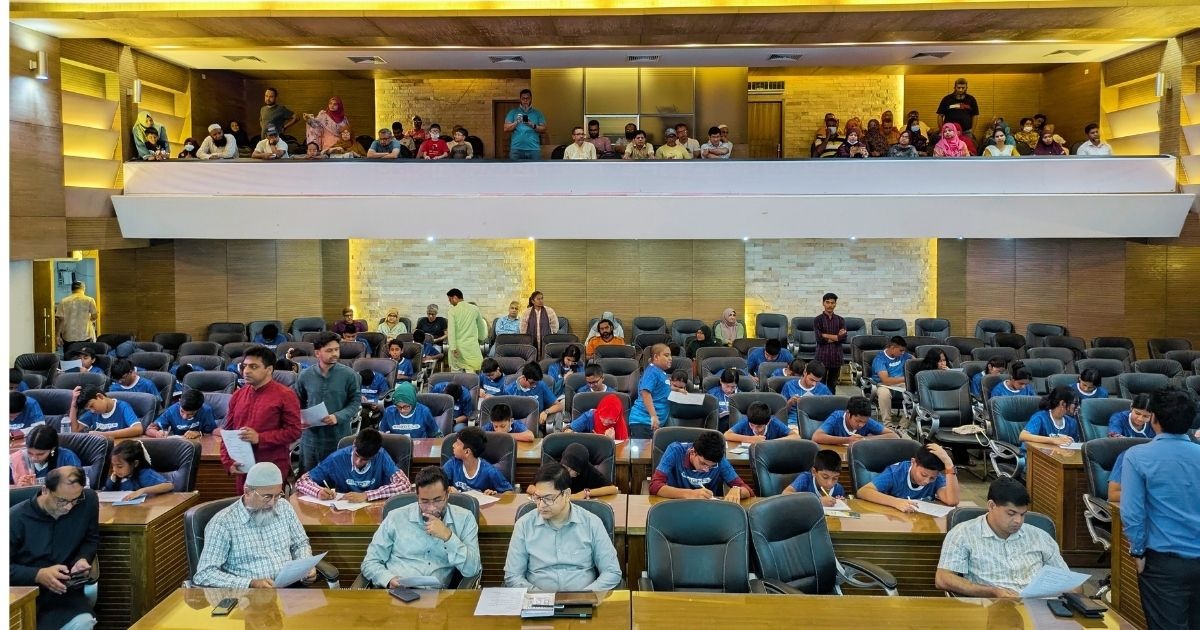Workshop on Preventing Child Marriage held in Rangpur

Child marriage has always been a societal problem in Bangladesh. It's not unlikely that girls in Bangladesh are forced to be married in their adolescence. Recently, Rangpur became the focal point of a potent discussion over "Child marriage," one of the most important social challenges facing the nation. In the highly charged workshop "Consequences and Actions Against Child Marriage," community leaders, educators, rights advocates, and government representatives convened to discuss the concerning increase in child marriages and devise a solution to combat this situation.
The workshop was organized as a part the Joint Action Grant Project and implemented by People’s Oriented Program Implementation (POPI) and Bangladesh Open Source Network Foundation (BdOSN), The event included different communities like students and their guardians, teachers, journalists, upazila government officers, CSO representatives, and religious leaders.
Key speakers included Professor Dr. Tuhin Wadud from Begum Rokeya University, Additional Deputy Commissioner Abu Sayeed, and Rangpur Sadar Upazila Executive Officer Saiful Islam. They shared their perspectives on this matter and recommendations on effective ways to prevent child marriage and promote gender equality in society.
According to the Bangladesh Statistics Beureo in 2023, 41.6% of girls in Bangladesh were married before the age of 18, which was increased from 40.9% in 2022. Factors contributing to these high rates include poverty, cultural acceptance of child marriage, illiteracy, lack of effective community and administrative coordination, geographical challenges, security concerns, and insufficient social awareness.
Speakers demonstrated the severe health risks associated with child marriage, including increased maternal and infant mortality rates. In the year 2023, 25% of pregnant women in Bangladesh were aged between 15 and 19. And Bangladesh holds the first position in the cases of child marriages among the South Asia region and 8th in the whole world in this regard.
The workshop ended not just with a list of recommendations, but with a unified resolve. Bangladesh must act decisively to protect its daughters and secure a future where every girl can grow up free from fear and full of possibility.




